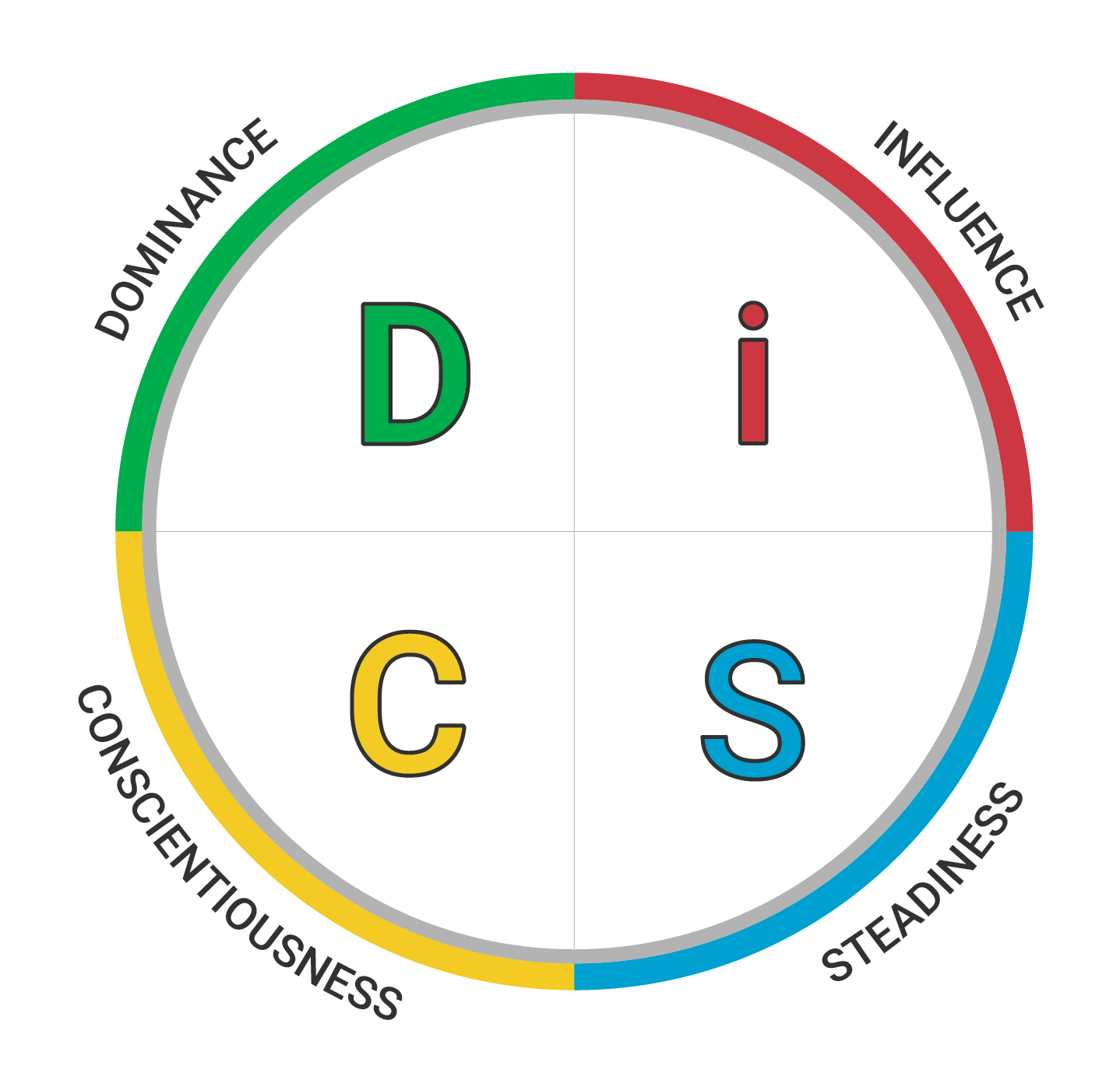With 2026 already shaping up to be a year that gives us the unexpected, having a team that is resilient, adaptable and on board with your vision is a must.
So, as we return to work and start on our 2026 goals, it is a good time to consider your people – what you need from them in the year ahead and if you are providing the right environment for them to successfully deliver?
Having an HR plan which is aligned to your business plan makes good sense. It focuses you on the right improvement areas, mitigates risk and potential derailers, and will help your team to thrive.
Choosing the right areas to hone in on is harder than it seems, particularly if you want to do it all well.
Outlined below are a few priority areas to get you started on developing a value-added HR Plan.
Growth
If 2026 is a year of growth for your business, consider:
- Succession Planning and talent management – With growth comes opportunity for your team. Have you identified your future leaders? Do you have key talent in place, so you don’t get slowed down by turnover? Promoting internally is a safer bet than external hiring. It is more cost effective and you achieve better productivity faster.
- Employment Brand – If you need to recruit, will people want to work for your organisation? What is your reputation in the marketplace and are you offering the right salary, benefits and a workplace that will secure talent? Focusing on this in advance will make sure you are an attractive employment proposition and help secure great people when you need them.
- Recruitment and selection systems – Are your systems set up to get the right people for your culture and team? Do you have appropriate checks and balances in place while ensuring a great candidate experience? A bad recruitment decision will inevitably cost you and your business, so having a great process ready to go is essential.
- On-boarding – Once you bring a talented new team member on board, how quickly do they start contributing? How well connected are they to your brand? Getting on boarding right not only reduces turnover, it also gets new team members firing and ready to go a lot quicker.
Productivity Improvement
For some businesses this year may be about stability, with the focus on doing things better. If that’s you, we suggest thinking about:
- Performance management frameworks – Are your team really clear on their accountabilities? Do they know how they are performing and what areas to improve? Are these conversations motivating and forward looking? Your team cannot be more productive unless they know what you want and how to do it, so mastering these conversations and process is essential.
- Learning and Development plans – A sure-fire way to improve performance is to give your team new skills and knowledge so they can do things better, and perhaps differently. Does each team member have a development plan in place? This doesn’t mean signing up to long expensive external courses. Look for local options, short or virtual courses, internal mentoring – even a well-developed podcast can bring about a light bulb moment.
- Continuous Improvement – Generally, to be more productive, your team will need to do things slightly differently. Improve a process, reduce wastage, cut out unnecessary red tape. Do you encourage this? How does your team go about making a suggestion? And how do you ensure it is acted upon? You would be surprised how much even a small change can improve your business – and the best ideas come from the people doing the work!
- Engagement – A key part of your team improving their performance is having them “want” to do better. You want them committed and walking forwards alongside you, not being dragged. Do you know how engaged they are? Do you know what areas of the business they would like improved? If not, it is time to ask and to work with your team to bring them on the journey.
Retrenchment or realignment
We understand some businesses still need to “right size” or make some internal changes so that you have the right people in the right roles. If this is something you are thinking about, now is the time to focus on:
- Change readiness – Even a small change at work can throw some people into a tailspin and have a very negative impact on results. If you know change is coming, take the time to prepare your team. Normalise change, talk about it, encourage small changes and highlight the benefits. Listen to your team and involve them in decision making.
- Communication plans – A key mantra we live by with communicating to teams is to communicate messages three times in different ways, to ensure the message is received. I know we have all heard “I never knew that”, even though it was on an all staff email the week before. Strong communication will ensure your team understand the reasons for change. It will create trust and encourage collaboration – all of which will improve your business resilience.
“You don’t build a business, you build people, then people build a business. “
Zig Ziglar.
Positive People have over 30 years’ experience helping business get the best from their teams.
Call us now on 0800 00 00 49 or email us on info@positivepeople.co.nz to discuss your 2026 HR plan.













